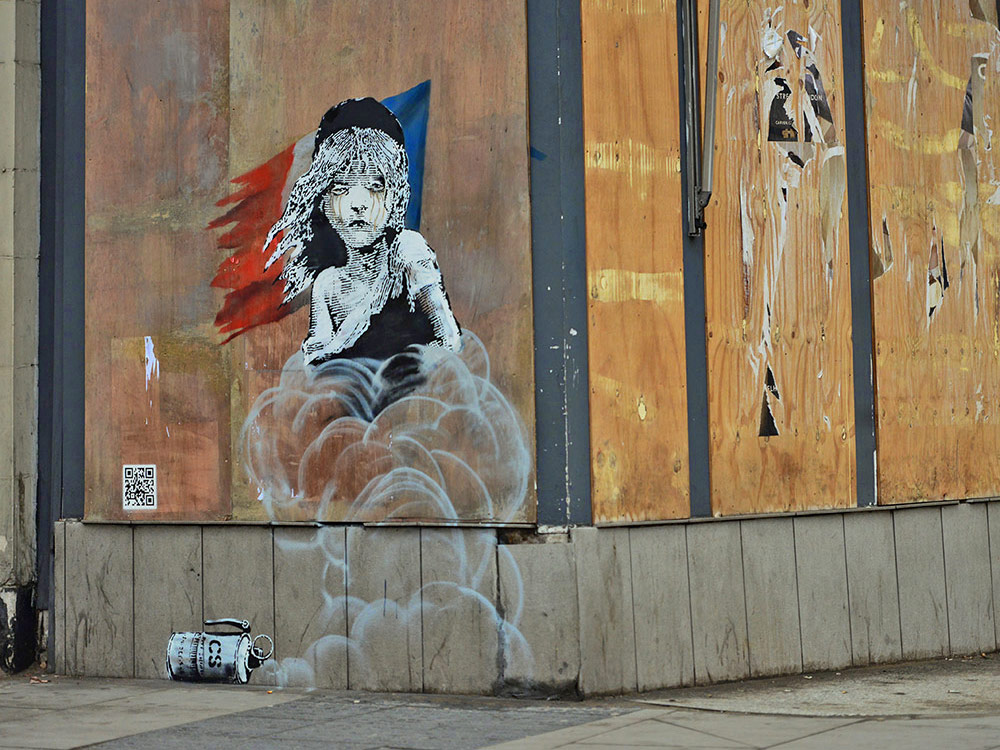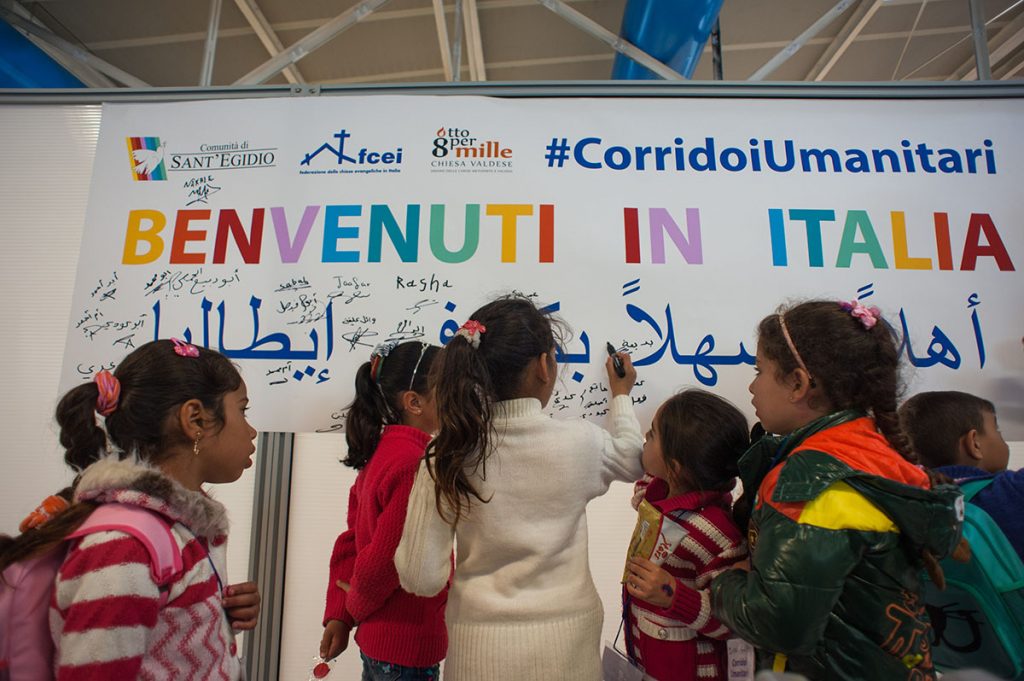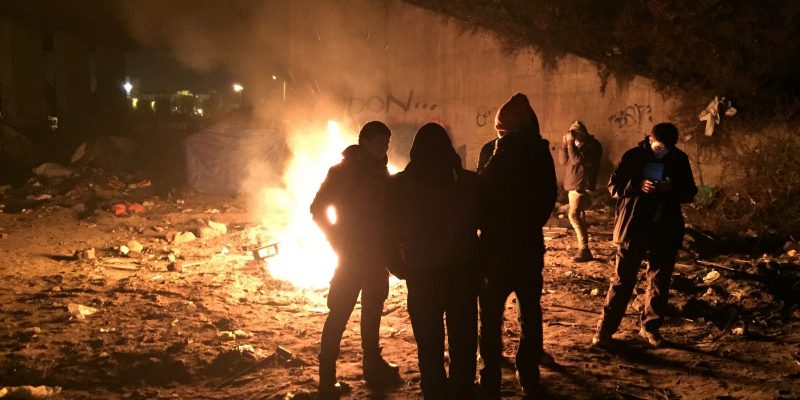1. The evacuation of the Calais camp
Demolition of the informal settlement of Calais is underway. As the “jungle” is being razed – with no clear plan or safe options for those people currently living there, nor those who may follow -, we wonder what the consequences will be for refugees and migrants in Europe, and what should happen next.
Read the article in the Guardian.
2. From Calais to Croydon: the future of unaccompanied minors in the UK
One of the most urgent and controversial issues surrounding Calais is the plight of the many unaccompanied minors living in the “jungle”: children and teenagers fleeing wars, persecution and misery who are facing, again, an extremely uncertain future- as denounced by the New York Times.
Meanwhile, in the UK, a media controversy is raging after tabloids questioned the age of the first group of unaccompanied minors arrived from Calais to Croydon. Conservative politicians went as far as to call for dental tests to determine the age of the new arrivals.
Read the op-eds in the Independent, the Guardian and Time on these disgraceful comments.

PICTURE: Banksy’s Calais Murales (via Banksy website).
3. The uncertainties facing unaccompanied minors in Italy
The situation is not much better in Italy, where eight out of ten foreign minors are between the age of 16 and 17 and have to live with the knowledge that they will have to leave the centres for minors as soon as they turn 18, facing the very real threat of exploitation. Read the article on Pagina99.
4. The Libyan emergency
The flow of Africans from Libya to Italy is now Europe’s worst migration crisis, the Economist writes: the country’s migrant economy thrives on what Time magazine described as “a modern-day slave market” and the death toll at sea during the desperate crossings of the Mediterranean is still rising.
5. The integration of refugees through employment and coding
Private initiatives have sprung up across Europe to help refugees get professional qualifications and find employment, guiding them on a rocky path towards genuine integration: read the compelling story in the New York Times.
Among these, coding classes are opening their doors to refugees across the continent, from Berlin to London, with the aim of teaching them how to code and giving them better chances to find work: read the articles in Al Jazeera and Refugees Deeply.
6. There’s not always an app for that
How do we respond to the humanitarian crisis? The tech community has tried creating a variety of apps and other digital tools designed to assist displaced individuals on their journey. Two researchers from the Migration Policy Institute told Refugees Deeply why these efforts have not always led to positive, effective results: there’s not always an app for that (and definitely, we can do better).

PICTURE: Refugeehackaton / Flickr Creative Commons.
7. Canadians taking in refugees face moral quandaries
Canada is one of the rare countries with a policy of letting private individuals sponsor refugees. This means that Canadian families can choose to open their doors to refugees, providing them with a chance to come to their country and with all the help they will need on their journey to integration. Thousands of Canadians enlisted in this mission to help refugees, but they found themselves confronting some unexpected moral quandaries: how do you choose whom to save?
Read the article in the New York Times.
8. Humanitarian corridors, a pilot project to be exported
73 more refugees, mostly Syrian, arrived safely in Italy on Monday morning thanks to the humanitarian corridors opened by civil society groups, without risking their lives in desperate, perilous journeys. This is an important and valuable in initiative that should be replicated in order to provide effective responses to the humanitarian crisis. Read the story in Open Democracy.

PICTURE: Comunità di Sant’Egidio
9. The migrant emergency in Rome, as told by Gazebo
The popular TV show Gazebo has devoted another episode to the migrant emergency in Italy, and particularly in Rome (following the evacuation of the Baobab centre). Watch it.
10. A new generation of Chinese environmental refugees
The desertification of China is accelerating, and the encroaching deserts are swallowing entire villages, creating a new generation of environmental refugees. This multimedia feature in the New York Times illustrates the alarming phenomenon and the (inadequate) response of the Chinese government.
Translation from Italian by Francesco Graziosi.
Header picture: malachybrowne / Flickr Creative Commons.









